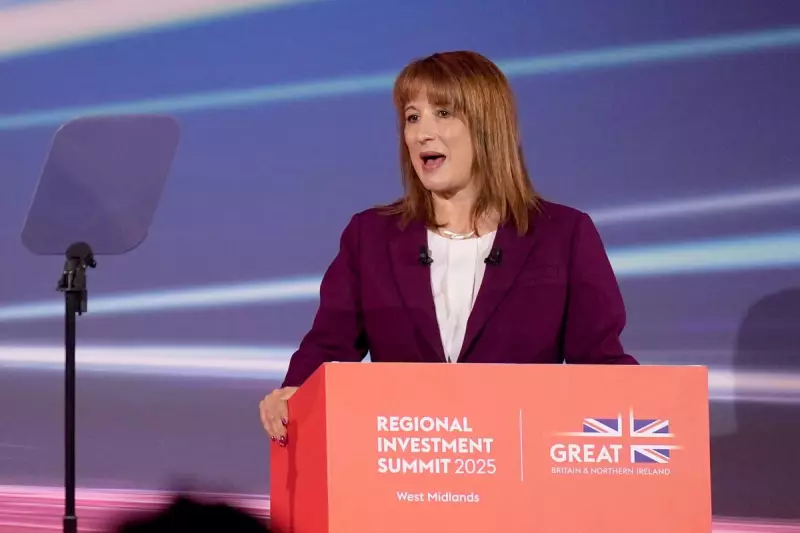
In a significant pre-budget announcement, Shadow Chancellor Rachel Reeves has declared that a Labour government would not increase the three major revenue-raising taxes in its first budget. The pledge covers income tax, national insurance, and VAT rates, marking a clear stance on fiscal policy ahead of the next general election.
The tax freeze commitment represents a strategic move by Labour to position itself as the party of economic responsibility and stability. Reeves emphasised that working people need "certainty and security" about their finances, stating that tax hikes would not be the solution to addressing the country's economic challenges.
Building Economic Confidence
Reeves' announcement appears designed to counter Conservative claims that Labour would pursue tax-and-spend policies. By ruling out increases to these core taxes, Labour aims to build confidence among businesses and voters concerned about their financial futures.
The shadow chancellor framed the commitment as part of Labour's broader economic strategy, which focuses on growth rather than increased taxation. She argued that stimulating economic expansion through other means would ultimately generate the revenue needed for public services.
Political Implications
This tax pledge comes at a crucial political moment, with both major parties preparing their manifestos for the upcoming election. The announcement:
- Creates clear dividing lines on economic policy
- Addresses voter concerns about cost of living
- Signals Labour's shift toward centrist economic positions
- Challenges Conservative tax policy decisions
Political analysts suggest this move could appeal to middle-income voters who have traditionally been wary of Labour's tax policies. By making this commitment early, Reeves aims to remove what has often been a key attack line against her party.
Broader Economic Context
The tax freeze promise comes against a backdrop of ongoing economic pressures, including:
- Persistent inflation concerns
- Growing public service funding demands
- Pressure on household budgets
- Business investment uncertainty
While the commitment provides clarity on Labour's tax approach, questions remain about how the party would fund its spending priorities without increasing these major revenue streams. Reeves indicated that alternative growth-focused strategies would form the foundation of Labour's economic plan.
The announcement sets the stage for what promises to be a fiercely contested debate about the UK's economic future in the coming election campaign.





